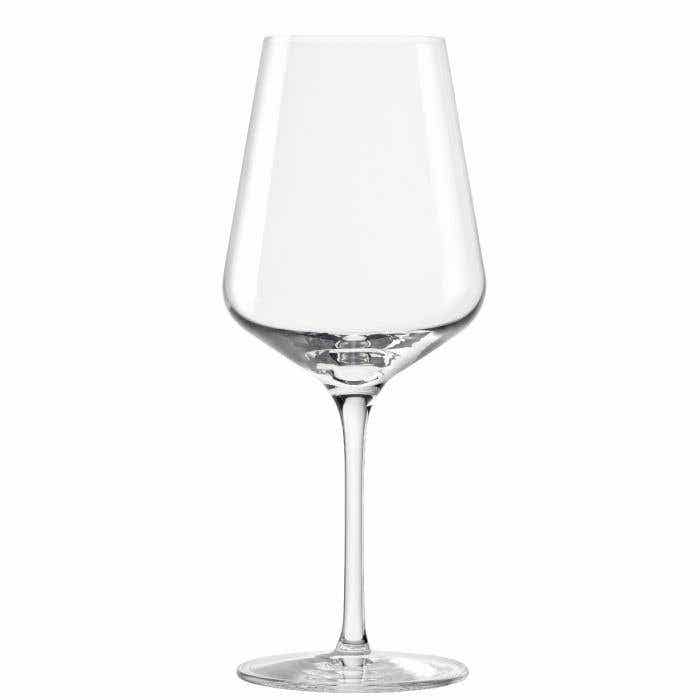What are sulphites in wine for?
The sulphites in wine have several functions. The most important is that it acts as a preservative and antioxidant. So, when is needed to put sulphites in wine? If oxygen comes into contact with the liquid, its components will react in an undesirable way. For example, the taste, flavour and colour would be altered to such an extent that the product might not be fit for human consumption.
To avoid this and other problems, sulphites are used to prevent oxidation by inhibiting the undesirable chemical reactions that occur when wine is exposed to oxygen. Simply put, the freshness and vitality of the product is maintained until it reaches your table.
In addition to their antioxidant function, they also have antimicrobial properties that are very useful. Growth of bacteria, yeasts and other micro-organisms could be detrimental for the wine. If they grow uncontrollably, the damage will be significant, just like with oxygen. When present in sufficient quantity, sulphites reduce the risk of unintended secondary fermentation. They even eliminate or prevent the growth of problematic bacteria.
Finally, sulphites in red wine or in white wine contribute to the wine's stability, clarity and structure. They are able to prevent sediments or deposits from forming at the bottom of the bottle. When it reaches your hands, you can enjoy a visually flawless liquid. At the same time, its texture will be smooth, which contributes to a better tasting experience and pairing of rosé wines or other types of wine. You must know that there are different types of wine glasses designed for improving the wine tasting, you will find them in our catalogue.
Are sulphites bad for your health?
This is one of the questions that often arise around sulphites. Generally speaking, sulphites aren’t bad for your health. The majority of the population can drink wine containing them without any issues. They will suffer no side effects or other problems. However, some people are sensitive, allergic or intolerant to this chemical.
In these rare cases, there is a wide range of symptoms: headaches, reddening of the skin, difficulty breathing, nausea or more severe allergic reactions. In addition, if the person suffers from asthma, they may trigger an attack.
In order not to put people in the above situations at risk, wine bottle labels warn of the sulphite concentration when it is high. It’s the same procedure as for any other allergen. For example, on various products you may find a warning on the packaging indicating that traces of nuts or flour may be present. The same goes for sulphites.
Sulphites are also present in a wide range of products, not just wine. From food to drinks, you can find them in nuts, fruit juice, canned food, seafood and sausages. Therefore, it’s a safe chemical and well known in the food industry. Some processes, such as fermentation, even generate sulphites naturally.












